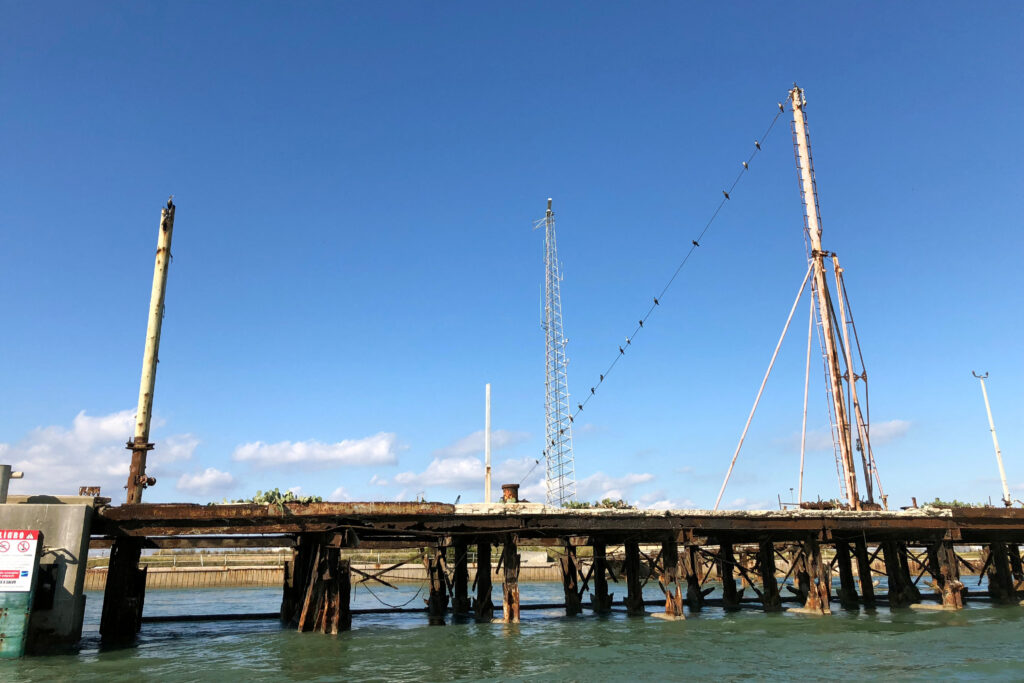(Reuters) – Oil prices fell more than $1 on Monday as concerns about supply disruptions eased due to diplomatic efforts intensifying in an attempt to contain the conflict between Israel and the Palestinian Islamist group Hamas.
Brent crude futures fell 67 cents to $91.49 a barrel, as of 0628 GMT, having lost $1.08 to $91.08 a barrel earlier on Monday. U.S. West Texas Intermediate crude futures were down 82 cents at $87.26 a barrel, after sliding $1.72 to $87.03 a barrel earlier in the session.
The contracts had risen more than 1% last week for a second consecutive weekly jump on fears of potential supply disruption if the Israel-Hamas war grows into a wider confrontation in the Middle East, the world’s biggest oil-supplying region.
Aid convoys started to arrive in the Gaza Strip from Egypt over the weekend, as Arab leaders and foreign ministers gathered for a summit in Cairo which was unable to yield a joint statement.
“There is some relief in the oil market that Israel is holding off on a planned ground incursion of northern Gaza to negotiate a release of hostages, which opens up a window for diplomacy,” said Vandana Hari, founder of oil market analysis provider Vanda (NASDAQ:VNDA) Insights.
“A ground siege is seen as a potential trigger for widening the Israel-Hamas conflict into the Middle East region, the factor behind crude’s risk premium over the past fortnight,” Hari said.
Analysts at ANZ Research echoed the sentiment, adding in a client note this provided hope that the Israel-Hamas war would not spread across the Middle East and disrupt supplies.
But, in the latest developments, Israel bombarded Gaza and its aircraft struck Lebanon. Asian shares drifted lower on Monday.
To ease oil supply pressure – already tight due to output cuts by the Organization of the Petroleum Exporting Countries (OPEC) and affiliates including Russia – the U.S. suspended sanctions on OPEC member Venezuela after a Venezuelan government deal with the opposition.
U.S. President Joe Biden, who visited Israel last week, had calls on Sunday with the leaders of Canada, France, Britain, Germany and Italy, after speaking with Israeli Prime Minister Benjamin Netanyahu and Pope Francis.
Leaders of France and the Netherlands will visit Israel this week in search of a solution for the conflict which ignited on Oct. 7 after a Hamas attack.



